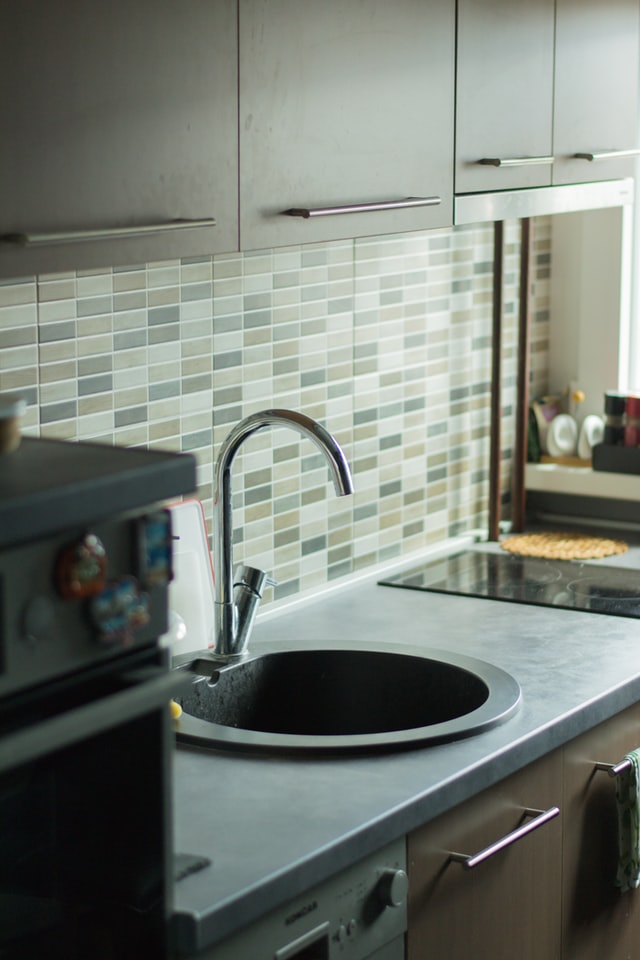
A well-functioning HVAC (Heating, Ventilation, and Air Conditioning)
system is essential for maintaining comfort in any home. However, HVAC leaks can undermine the efficiency and effectiveness of these systems, leading to increased energy consumption and potential damage to property. In this article, we’ll explore three key strategies to help homeowners avoid HVAC leaks and keep their systems running smoothly.
- Regular Maintenance Checks: Regular maintenance checks are vital for identifying and addressing potential issues before they escalate into costly problems. Scheduling annual inspections by a qualified HVAC technician can help ensure that all components are in good working condition and free of leaks.
During these inspections, technicians will typically inspect the ductwork, refrigerant lines, and connections for any signs of wear, corrosion, or damage. Ductwork should be inspected for holes, cracks, or loose joints that could allow conditioned air to escape or outside air to infiltrate the system. Similarly, refrigerant lines should be checked for leaks, which can cause a loss of cooling capacity and potentially damage the compressor.
Professional Air Conditioning and Heating Inspection
In addition to professional inspections, homeowners can also perform regular visual checks of their HVAC system. This includes inspecting air filters for dirt and debris buildup, which can restrict airflow and strain the system, leading to leaks over time. Keeping filters clean or replacing them as needed can help maintain optimal airflow and reduce the risk of leaks.
- Proper Installation: Proper installation of HVAC systems is crucial for preventing leaks and ensuring efficient operation. When installing a new HVAC system or replacing components, it’s essential to work with qualified professionals who have experience with residential HVAC systems.
Improper installation can lead to a variety of issues, including poorly sealed ductwork, improperly sized equipment, and inadequate insulation. These problems can result in air leaks, uneven cooling or heating, and increased energy consumption.
Common H.V.A.C Issues
One common cause of HVAC leaks is improperly sealed ductwork. Seams and joints in the ductwork should be properly sealed with mastic or metal tape to prevent air leakage. Additionally, ducts should be insulated to minimize heat transfer and prevent condensation, which can lead to moisture buildup and mold growth.
- Humidity Control: Humidity plays a significant role in HVAC system performance and can contribute to the development of leaks if not properly controlled. High humidity levels can lead to condensation forming on cooling coils, ductwork, and other components, increasing the risk of corrosion and mold growth.
To control humidity levels, homeowners can invest in a dehumidification system or use standalone dehumidifiers in areas with high moisture levels. Additionally, ensuring proper ventilation in bathrooms, kitchens, and other high-moisture areas can help reduce indoor humidity levels and minimize the strain on the HVAC system.
Regularly checking and maintaining the drainage system of the HVAC unit is also important for preventing leaks caused by condensate buildup. Drain lines should be clear of obstructions and properly sloped to allow for proper drainage away from the unit.
By implementing these strategies, homeowners can effectively avoid HVAC leaks and ensure their systems operate efficiently and effectively. Regular maintenance checks, proper installation, and humidity control are essential components of a comprehensive HVAC maintenance plan that can help prolong the lifespan of the system and minimize energy costs. Investing in preventive maintenance now can save homeowners time and money in the long run, while also ensuring year-round comfort in their homes.
Avoiding plumbing leaks is not exactly easy in any property since some of the leaks that occur are beyond the control of everyone in the household. Some could occur in the water main, and some could occur underground or beneath the walls. In any case, some leaks are preventable with conscious plumbing use and routine maintenance care.
Plumbers say knowing how to avoid leaks, and knowing how to deal with them in case they occur is crucial in avoiding further plumbing issues and water damage. This article will provide some expert advice from plumbers on how to avoid leaks and what to do in case they occur.
Winterize the Plumbing System
The homeowner should likewise winterize the plumbing system before the winter season starts. Plumbing leaks can occur after pipes freeze, so it is best to avoid frozen pipes altogether by taking precautionary measures meant to prevent frozen pipes. These precautionary measures include insulating pipes that are not inside the home. If in case the weather will reach below zero, homeowners should turn on the faucet minimally just to keep the water moving within the pipes and keep it from turning into ice. In case of the pipes freeze, homeowners should call for a plumbing service and refrain from self-troubleshooting the matter. If you need help finding a service, check out this list at, there is a ton of good information there.
Plumbing improvements to carry out during a renovation
Home renovation work and plumbing repairs go hand in hand. Most homes would need to remodel either their bathroom or kitchen or both during a major home renovation project. Remodeling these areas entail plumbing requirements that are best addressed during the renovation itself to save on time and effort. Learn more about how to find a plumbing contractor by searching google or yelp. They have listings of contractors you can choose from.
Get a leak detection procedure
Remodeling is the best time to get a thorough plumbing maintenance safety inspection complemented with a leak-detection procedure. The safety inspection could check the existing condition of the home plumbing system and at the same time ensure that there are no leaks within the plumbing system. Leaks are best fixed, and pipes are best replaced during a home remodeling to lessen the hassle, expenses, and inconveniences of plumbing work. The same goes for much-needed plumbing repairs and upgrades.
Remember, if you need a reason to call a plumber, then you should call. Try and avoid getting yourself intos DIY situations that could become hairy.
